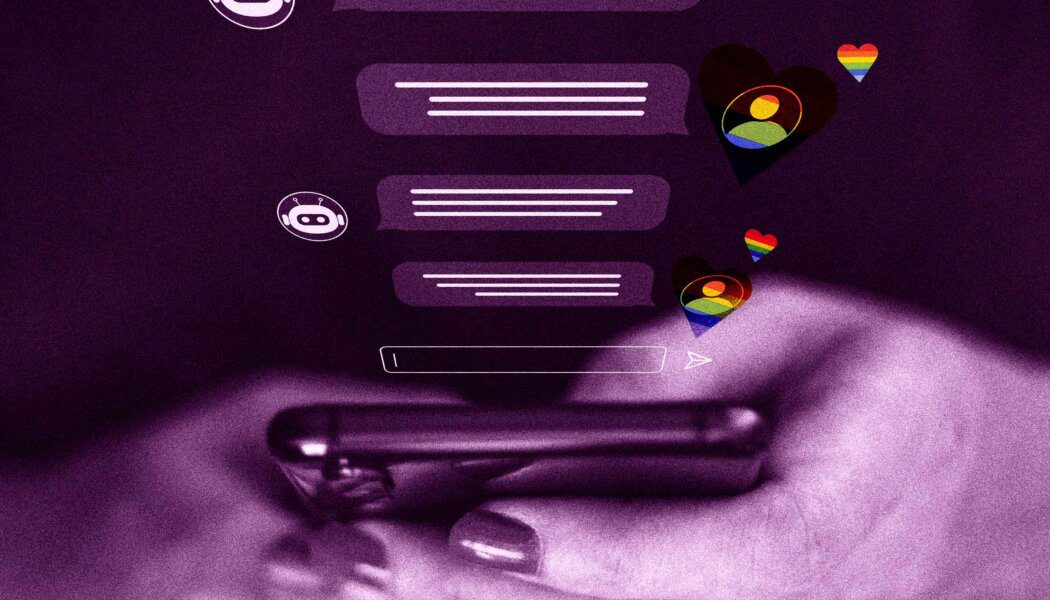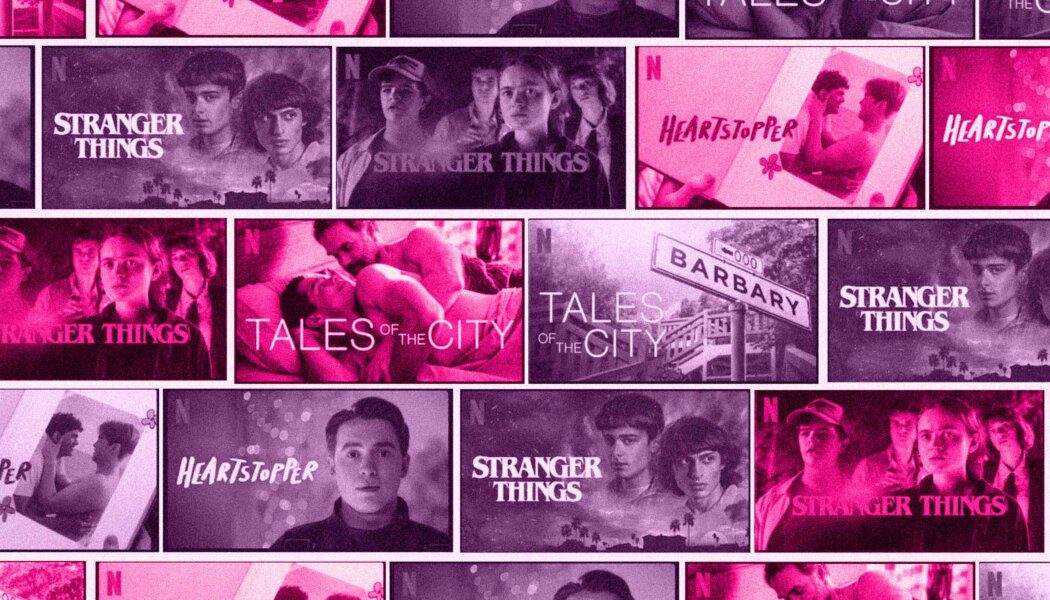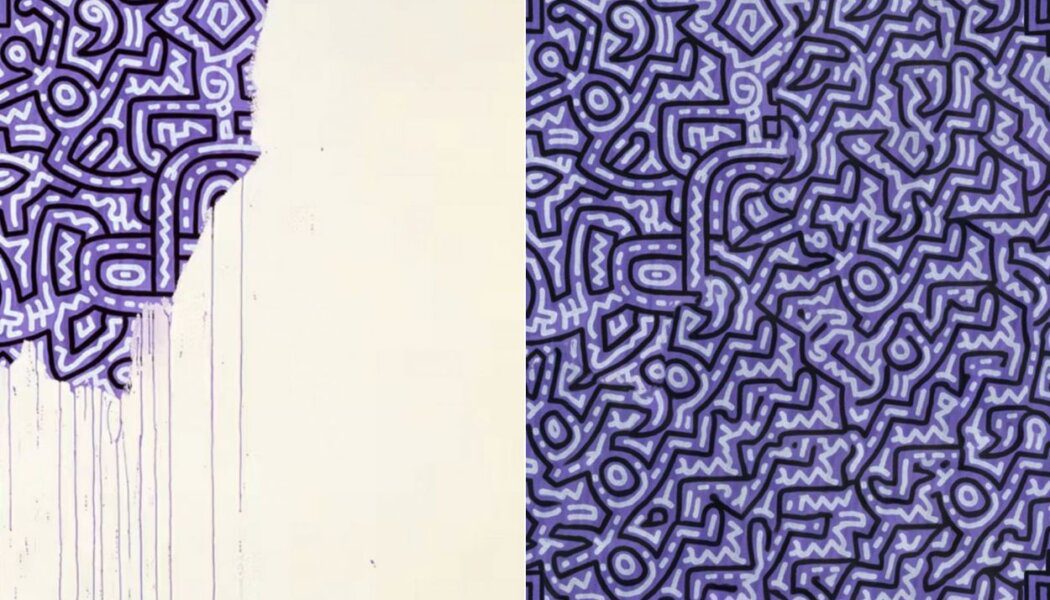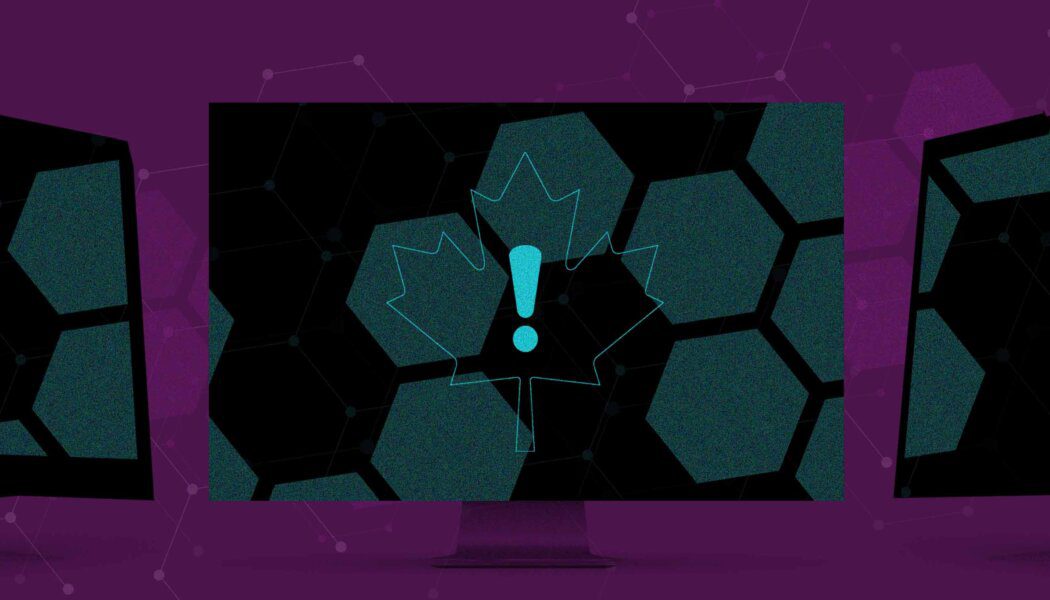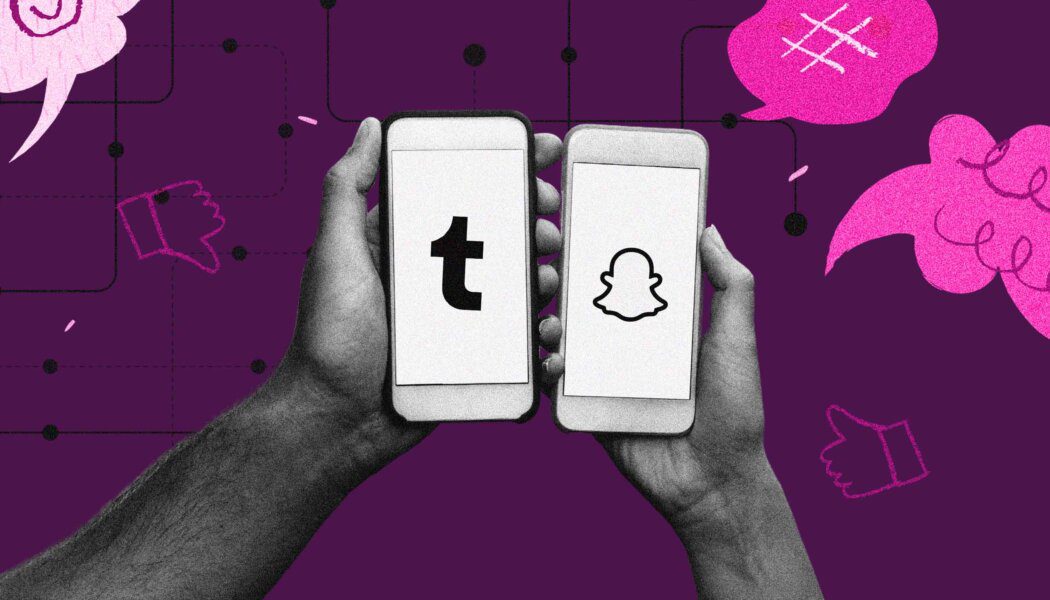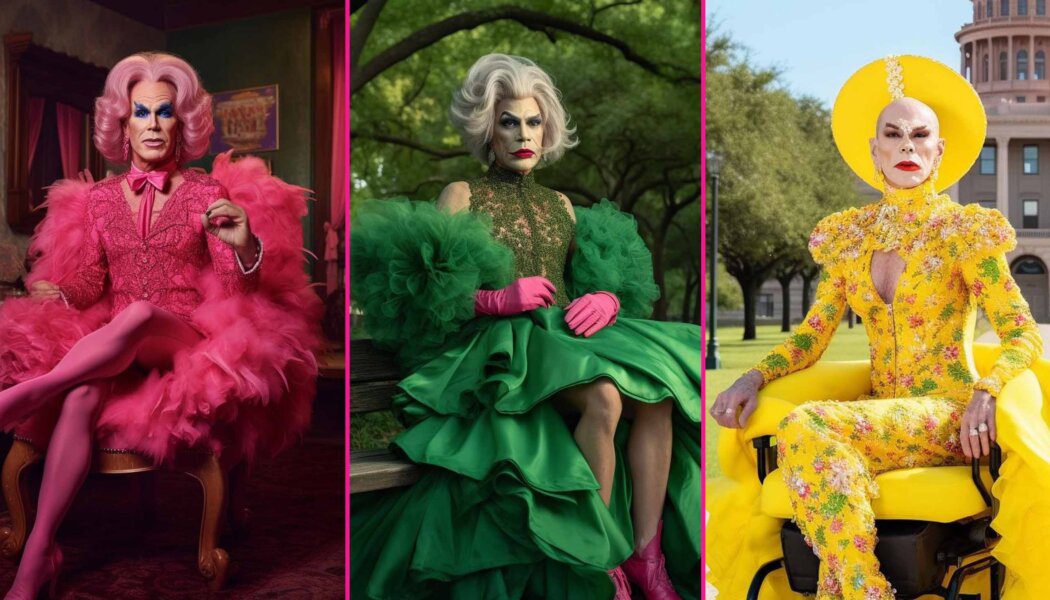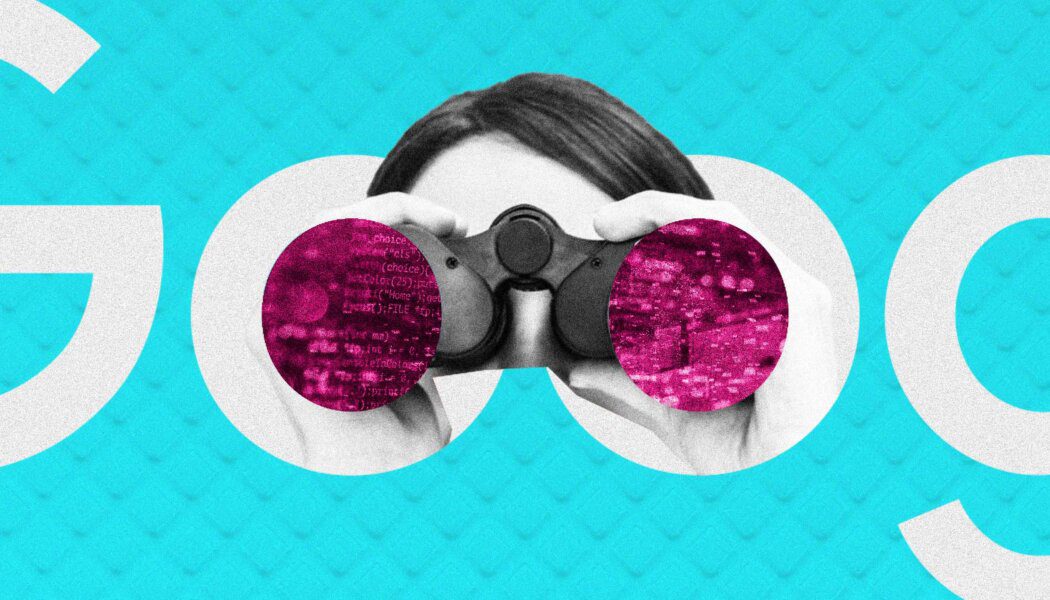Anyone in a relationship with an AI companion is already having a post-gender romance
Jon Heggestad
Jon Heggestad is a digital culture researcher and the proud parent of a thriving Tamagotchi. His work has been featured in Public Books, Input Magazine and Inside Higher Ed. He lives in Charlotte, North Carolina and speaks English. You can find him on Bluesky: @heggestad.bsky.social
How streaming services oversell queer content
ANALYSIS: Are Netflix’s personalized offerings indicative of a queer utopia or only a surface-level mirage?
The surprising queer utopia of Duolingo
ANALYSIS: From LGBTQ+ characters in their lessons to hunky owls in the streets, Duolingo’s blend of inclusivity and absurdity has me primed for my next lesson
Who does queer AI ‘art’ actually represent?
ANALYSIS: Accounts dedicated to queer AI art have popped off, but is there hope for anything beyond “boyfriend twins”?
The (missing) context around using AI to ban books
ANALYSIS: The case of an Iowa school district employing ChatGPT to enforce a statewide book ban has garnered significant attention—what concerns does it raise around AI-aided censorship?
Did AI ruin Keith Haring’s work?
ANALYSIS: Controversy surrounding the AI-altered version of Keith Haring’s “Unfinished Painting” stirred up now-familiar questions about the ethics of AI-generated art

